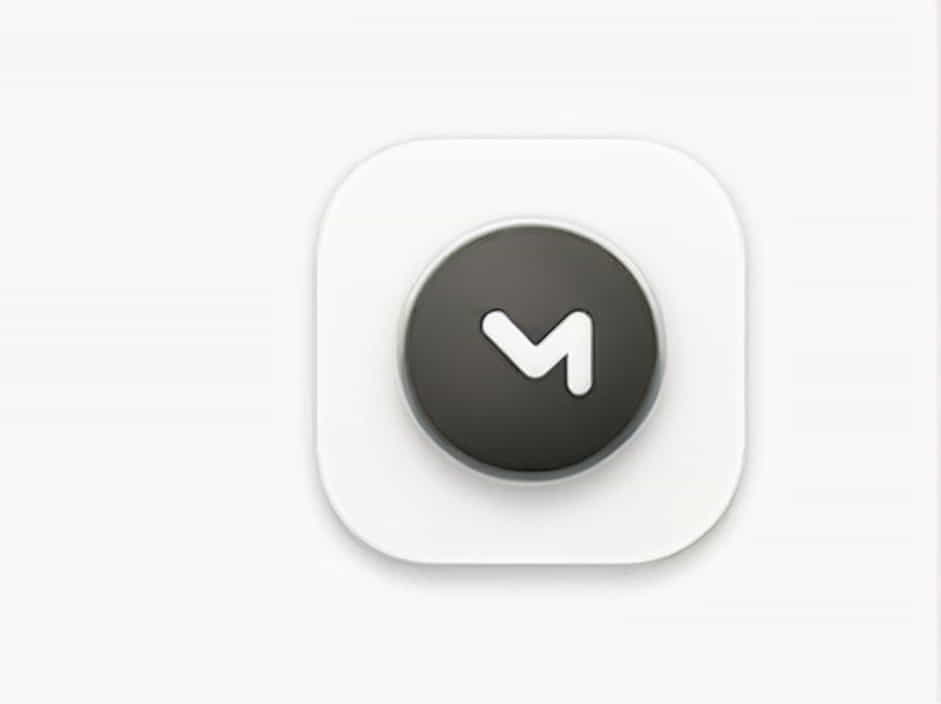Have you ever longed for a place that feels open, peaceful, and free from crowds? If so, you’re looking for something that is the opposite of crowded. But what exactly is the right word?
The opposite of crowded can be described using words like spacious, empty, open, or uncrowded. Each of these words carries a slightly different nuance, and understanding them can help improve both vocabulary and communication.
In this topic, we’ll explore the various meanings of the opposite of crowded, examples of how these words are used, and situations where they apply.
Understanding the Meaning of “Crowded”
Before defining its opposite, let’s first understand what crowded means.
Definition of Crowded
The word crowded refers to a place or situation where many people, objects, or things are packed together, often to an uncomfortable degree. It can describe:
- A physical space (e.g., a busy train station)
- A feeling (e.g., a cramped and overwhelming environment)
- A schedule (e.g., a calendar full of appointments)
Examples of Crowded Places
- A subway during rush hour
- A concert or a sports stadium
- A busy marketplace
- A packed classroom
Now, let’s explore the words that serve as the opposite of crowded.
The Best Words That Mean the Opposite of Crowded
1. Spacious – Large and Open
One of the most common opposites of crowded is spacious. It describes an area that has a lot of room to move freely.
Example Sentences:
- The hotel suite was spacious, with large windows and an open floor plan.
- After moving to the countryside, they enjoyed a more spacious lifestyle.
Spacious is often used to describe homes, parks, offices, and other physical spaces.
2. Empty – Without People or Objects
If something is empty, it means it has no people, objects, or contents. While spacious means having a lot of space, empty means that something lacks occupants.
Example Sentences:
- The restaurant was completely empty at lunchtime.
- She walked into the empty auditorium before the event started.
An empty place can sometimes feel peaceful, but it can also feel lonely, depending on the context.
3. Open – Not Restricted or Enclosed
The word open describes something that is unobstructed, free, or accessible. It can be used for physical spaces as well as abstract concepts like open schedules or open minds.
Example Sentences:
- The field was vast and open, perfect for a picnic.
- He left his weekend schedule open to relax.
4. Uncrowded – Simply Not Crowded
A straightforward opposite of crowded is uncrowded. This word explicitly means that a place does not have too many people.
Example Sentences:
- The beach was wonderfully uncrowded in the early morning.
- They chose an uncrowded café to enjoy their coffee in peace.
This word is useful when comparing places or events where people usually expect a crowd.
5. Deserted – Completely Abandoned
While empty means no people or things, deserted adds a feeling of abandonment or loneliness.
Example Sentences:
- The old town looked deserted after the storm.
- The once-popular mall was now deserted, with most stores closed.
Unlike spacious or open, which can have positive meanings, deserted often carries a negative tone.
Situations Where the Opposite of Crowded Is Preferred
There are many instances where people prefer places that are not crowded. Here are some common examples:
1. Traveling to Peaceful Destinations
Many travelers seek uncrowded beaches, spacious hotels, and open landscapes for relaxation. Popular tourist spots can be overwhelming, so people look for quieter alternatives.
2. Choosing an Ideal Living Environment
When selecting a home, some prefer spacious houses with open yards rather than small, crowded apartments in busy cities.
3. Working in a Comfortable Office
A spacious office with fewer people can feel less stressful than a crowded, noisy workplace. Open workspaces improve productivity and focus.
4. Avoiding Crowded Events
Some people enjoy concerts and festivals, but others prefer quieter settings, such as small gatherings, private events, or serene parks.
The opposite of crowded can be described with words like spacious, empty, open, uncrowded, and deserted. Each word has a unique meaning and is used in different contexts.
Understanding these words not only improves vocabulary but also helps in making better choices—whether for travel, living, or work environments. Whether you prefer the buzz of a busy crowd or the calm of an open space, knowing the right word helps express your thoughts more clearly.
